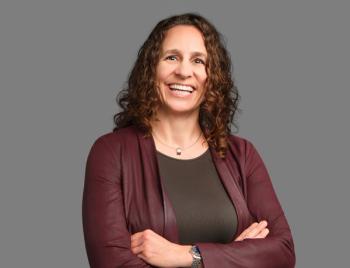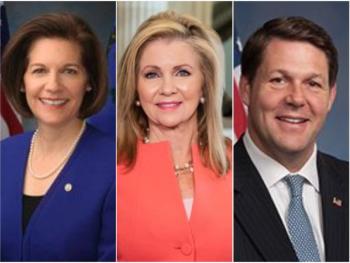
When Digital Dieters Don't Track Their Data
Researchers set out to see how holidays, weekends, and time of day affected the use of food-recording smartphone apps.
Image has been resized. Courtesy of IntelFreePress,
Cheat weekend? Maybe.
Obese participants in
“A key question we wanted to answer is what impact the holiday season has on individuals’ efforts to monitor their calorie intake,”
The holiday season did not play a role in food tracking, the results suggest. But researchers did find that participants reported more food in January, despite the lack of a seasonal effect.
“Weight loss is a common New Year’s resolution and may explain the increased number of foods reported in January,” Pellegrini wrote. “However, the typical pattern of self-monitoring during the holidays is not well established.”
To undertake the study, researchers separated each participant into 1 of 3 weight loss conditions, yielding the group of obese participants who then tracked their food on a smartphone app, which included a database of more than 50,000 generic and brand-name foods. Researchers then gleaned dietary reporting data from the app throughout the trial.
Based on their data input, participants received an analysis of their eating, which preceded a steady decrease in the number of foods reported by them, according to the results. That fell in line with similar findings in earlier studies. But the cause of the drop-off is unclear; researchers theorized it could have been due to fatigue or weight loss success.
Reminders of the importance of reporting what people eat—like through text messages or notifications—might be best delivered on weekends, the study noted.
Going forward, Pellegrini and her team wrote, researchers must study how to “determine objectively exactly what an individual consumes in real time” and whether a particular piece of food is self-monitored. This could become a reality due to technological innovation, they noted.
The Journal of Nutrition Education and Behavior published the study,






















































































